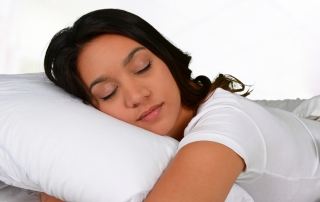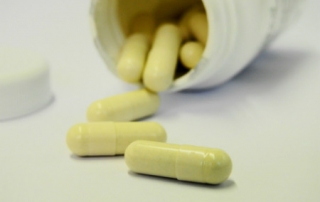Hypnotherapy for Hot Flashes
Peri- and post-menopausal women have various options for the management of hot flashes, including hormone replacement therapy, SSRIs, and gabapentin. It looks as if hypnosis may also be helpful. In a recent study, researchers randomly assigned postmenopausal women to hypnotherapy or "structured attention," which was used as a control intervention.









